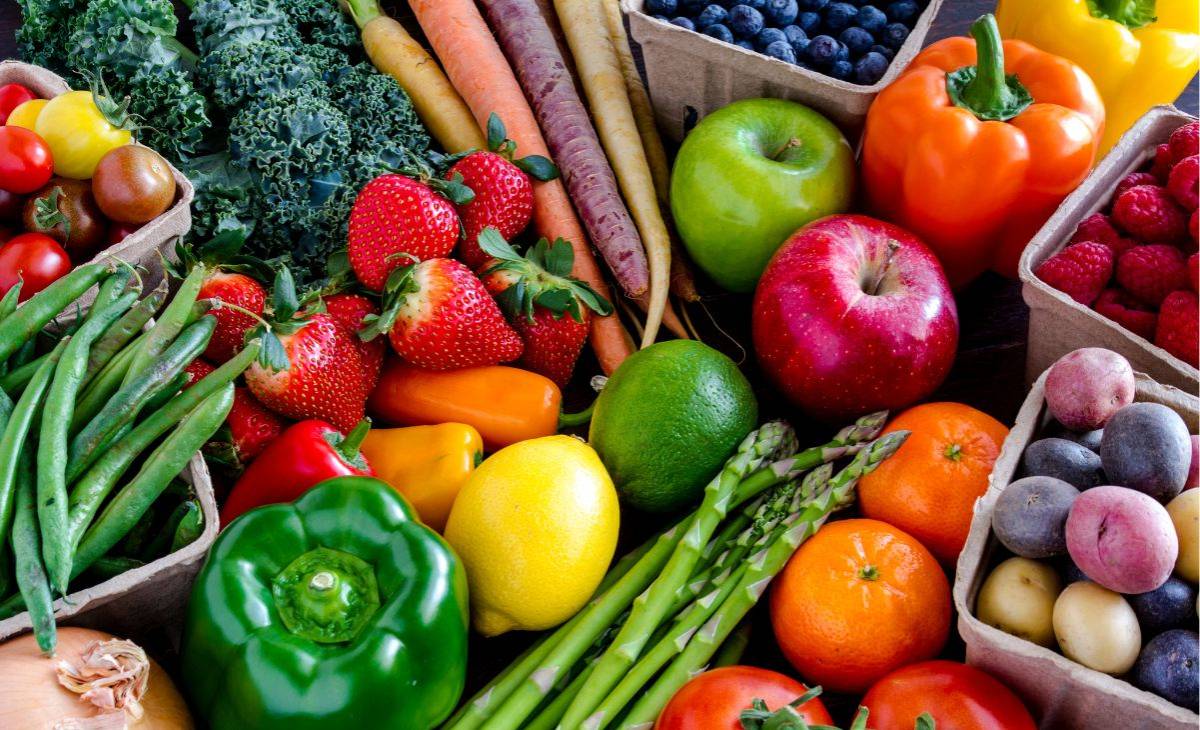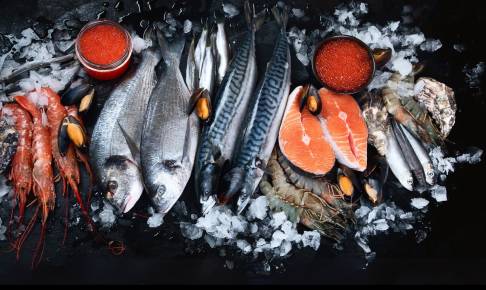Sharp rise in PFAS residues in EU fruits and vegetables, new report says
A recent report by the European branch of the Pesticide Action Network (PAN) has unveiled alarming findings regarding the prevalence of per- and polyfluoroalkyl substances (PFAS) pesticides in conventional (i.e. non-organic) fruits and vegetables across Europe. The study, conducted in collaboration with numerous NGOs and institutions, sheds light on the scale of contamination in the European Union between 2011 and 2021.
By analyzing official monitoring data from Member States, the study provides a representative overview of EU consumers' exposure to pesticide residues in food. The data was examined at both the European level and within eight specific Member States: Austria, Belgium, France, Germany, Greece, Hungary, the Netherlands, and Spain.
Key findings from the report indicate a sharp rise in PFAS residues in EU fruit and vegetables over the past decade. Residues of 31 different PFAS pesticides were detected in EU produce between 2011 and 2021. The proportion of fruit and vegetables containing PFAS residues nearly tripled during this period, with a 220% increase in EU fruit and a 247% increase in EU vegetables. Notably, certain fruits experienced dramatic spikes in contamination, including apricots (+333%), peaches (+362%), and strawberries (+534%).
In 2021, the analysis revealed that 20% of EU-grown fruit contained residues of at least one PFAS pesticide. The report also highlighted the detection of multiple PFAS pesticides in single samples of strawberries, table grapes, peaches, apricots, pears, and apples. Summer fruits exhibited higher contamination rates compared to imported fruits. European-grown vegetables showed lower levels of PFAS contamination on average than fruits, with chicories, cucumbers, and peppers being the most polluted.
In 2021, the most often detected PFAS active substances in contaminated European fruits and vegetables were the fungicide fluopyram, the insecticide flonicamid and the fungicide trifloxystrobin.
The report highlights Austria and Greece as the countries witnessing the most significant increases in PFAS contamination of domestically grown products. Austria saw a staggering 698% increase in fruit contamination and a 3 277% increase in vegetable contamination. Similarly, Greece experienced a 696% increase in fruit contamination and a 1 974% increase in vegetable contamination.
These concerning findings emphasize the increasing risk faced by European consumers of ingesting these substances, including potentially harmful chemical cocktails. The report calls for an urgent ban on the use of PFAS pesticides to protect European citizens, especially vulnerable groups such as pregnant women, babies, and children. It emphasizes the need to address the ongoing accumulation of PFAS in the food chain and its potential impact on public health.
Source:






















